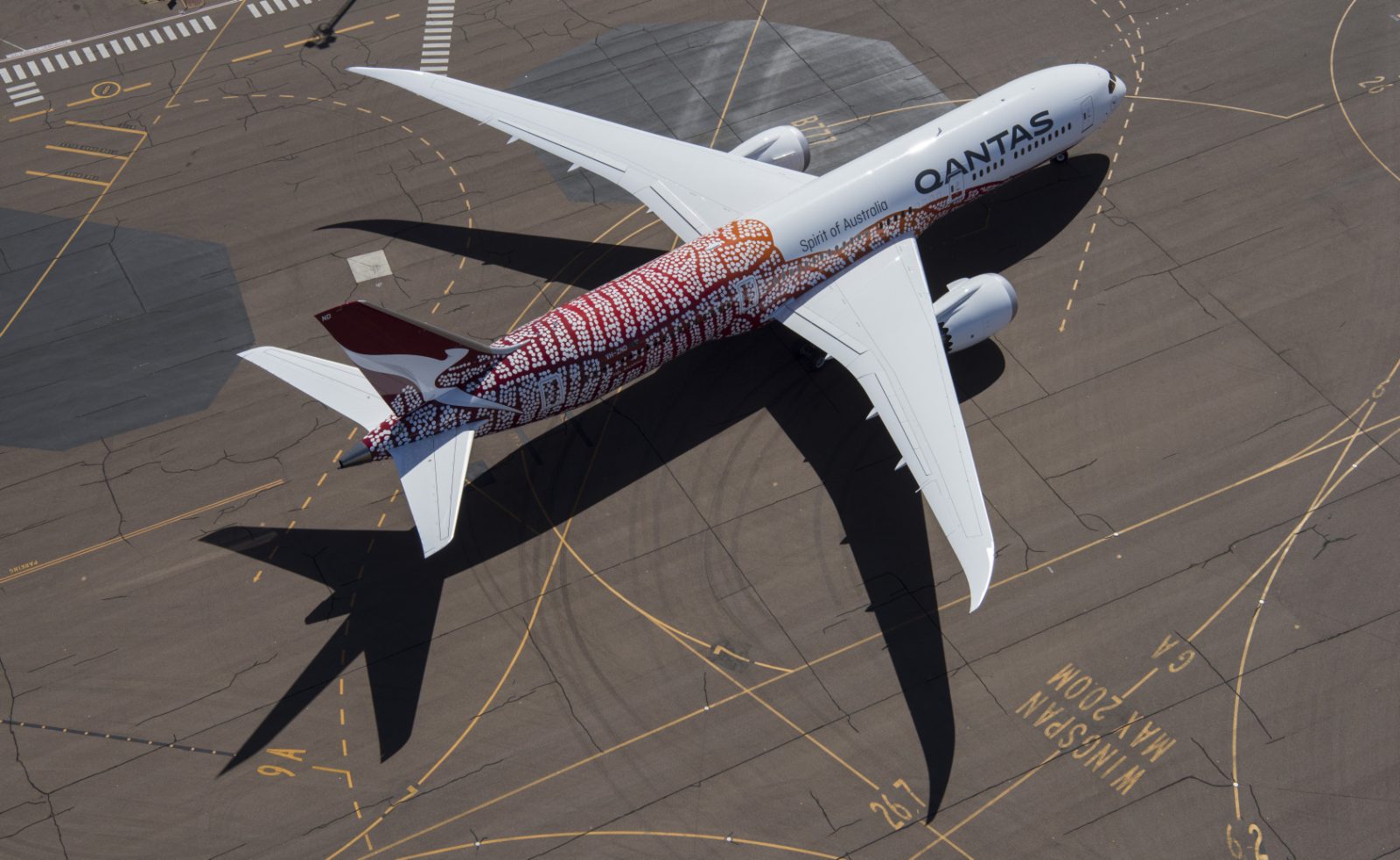The chief executive of Australian flag carrier Qantas says the airline is unlikely to do any international flying until a vaccine for the virus that causes COVID-19 is found and widely deployed. Alan Joyce, 54, said that might not be until July 2021 at the earliest – significantly longer than originally expected and longer than the anticipated closure of Australia’s borders which might be open by next March if the novel Coronavirus pandemic is brought under control.
Joyce’s pessimistic assessment came as the airline posted its worst financial results since 2014 with a full-year net loss of A$1.96 billion ($1.41 billion) up to the end of June 2020. Qantas did, however, report a better than expected underlying pre-tax profit of A$124 million driven by a strong first-half performance before the Corona crisis grounded much of the airline’s fleet.
The crisis has so far taken a $4 billion hit on Qantas’ revenues during a period that Joyce describes as the worst trading conditions the airline has ever faced in its 100-year history. “To put it simply, we’re an airline that can’t really fly to many places – at least for now,” Joyce told investors and journalists at a press event earlier on Thursday.
Along with completely suspending its scheduled international services, Qantas’ domestic recovery has also been hampered by continuing inter-state border closures, including between states with little to no community transmission of COVID-19.
“Just as we thought domestic flying was in recovery mode, we’ve been hit by another set of border closures,” Joyce explained while calling for a national framework of factors that would determine whether state borders should be closed. Domestic flying remains at just 20 per cent of pre-COVID levels but could rise to as much as 75 per cent with some easing of border restrictions in September.
There is “pent up demand” for domestic travel, Joyce argued while pointing out that some intra-state routes are actually performing better than before the Corona crisis.
Around 4,000 employees have already been made permanently redundant, while a further 2,000 are set to lose their jobs by the end of September. And as many as 20,000 workers have been “stood down” without pay until demand for travel picks up.
For now, over 100 Qantas aircraft remain in longterm storage with all of the carrier’s Airbus A380’s lying dormant in the United States and the iconic Boeing 747’s now permanently retired.
Related
Mateusz Maszczynski honed his skills as an international flight attendant at the most prominent airline in the Middle East and has been flying ever since... most recently for a well known European airline. Matt is passionate about the aviation industry and has become an expert in passenger experience and human-centric stories. Always keeping an ear close to the ground, Matt's industry insights, analysis and news coverage is frequently relied upon by some of the biggest names in journalism.








